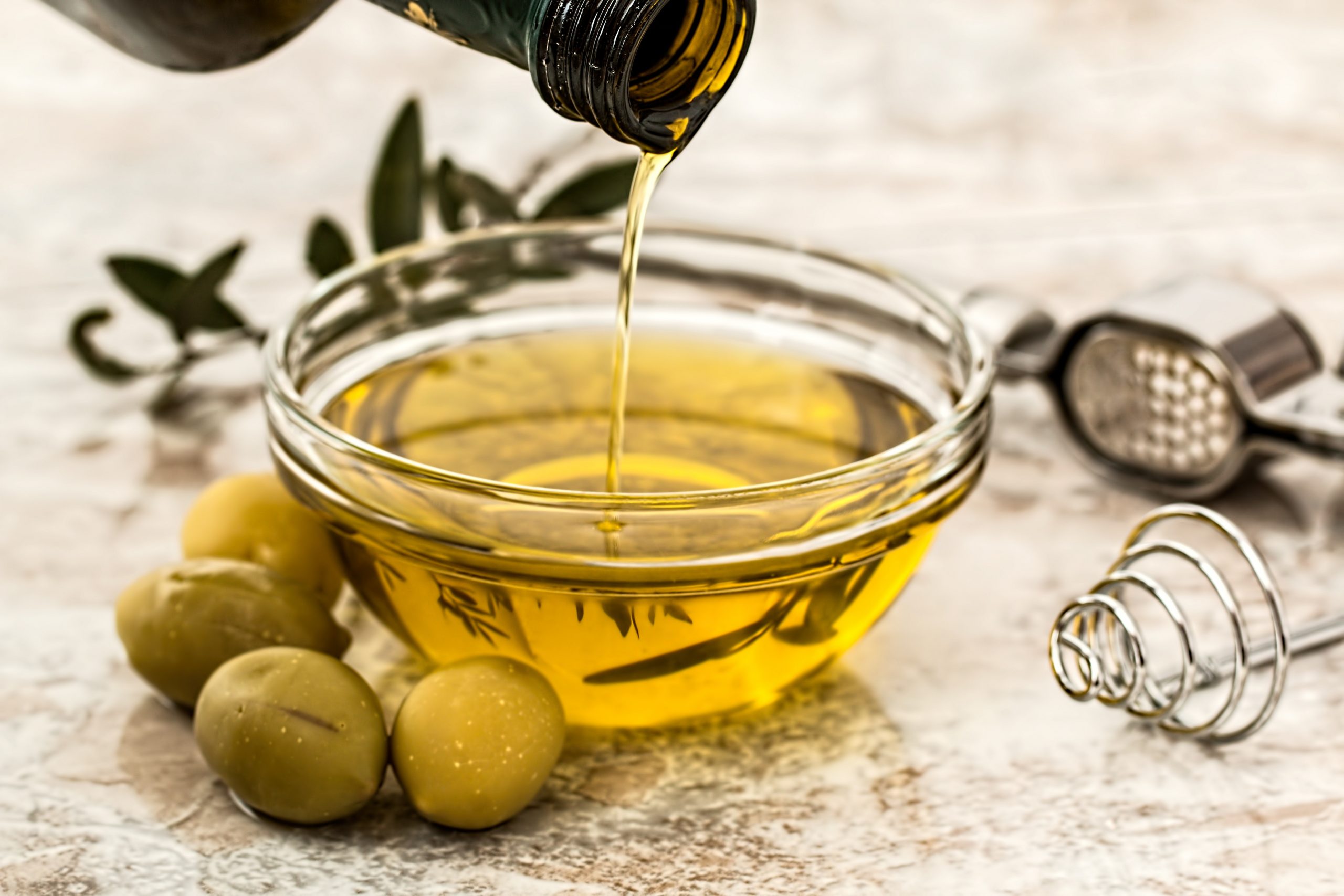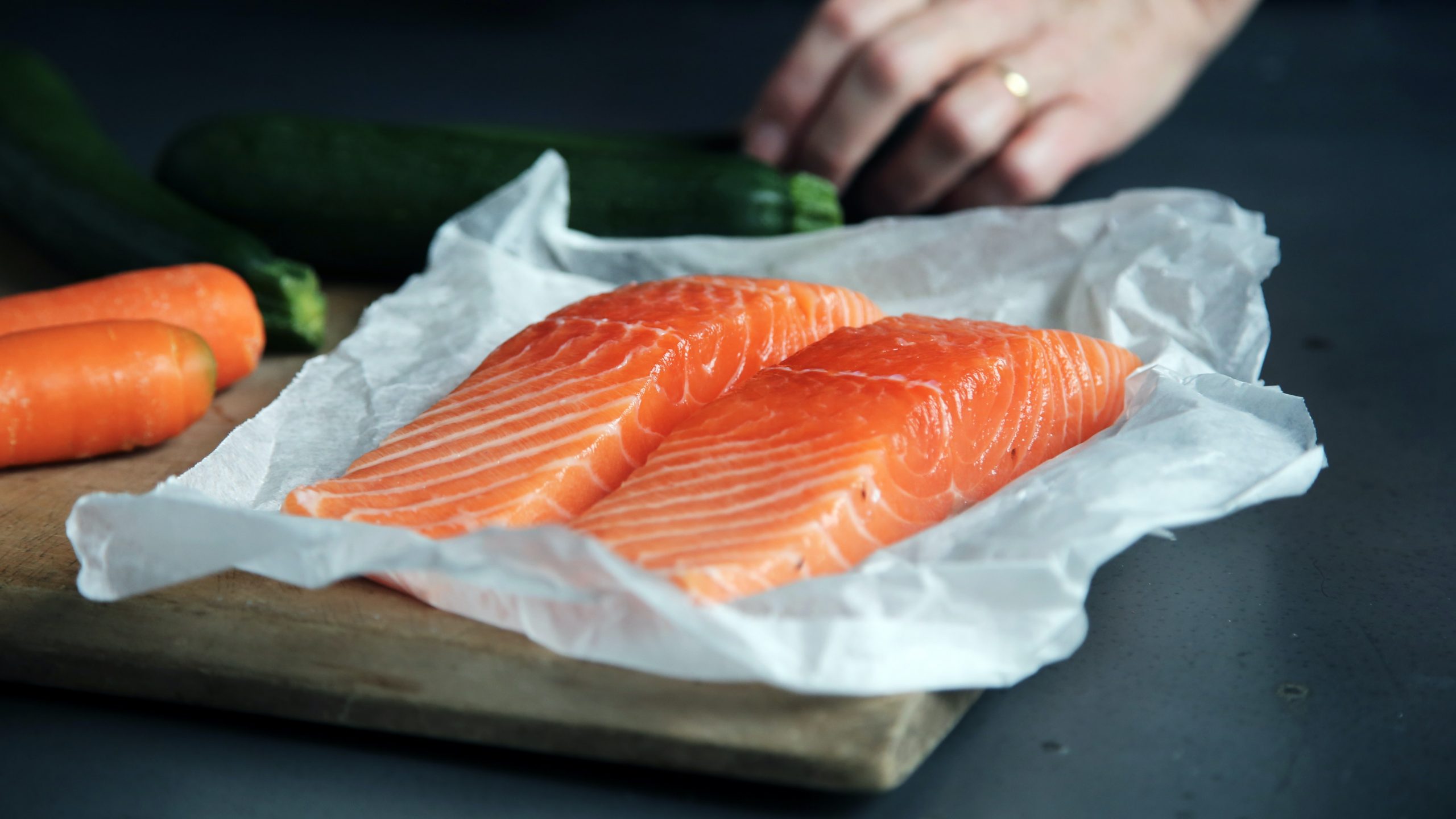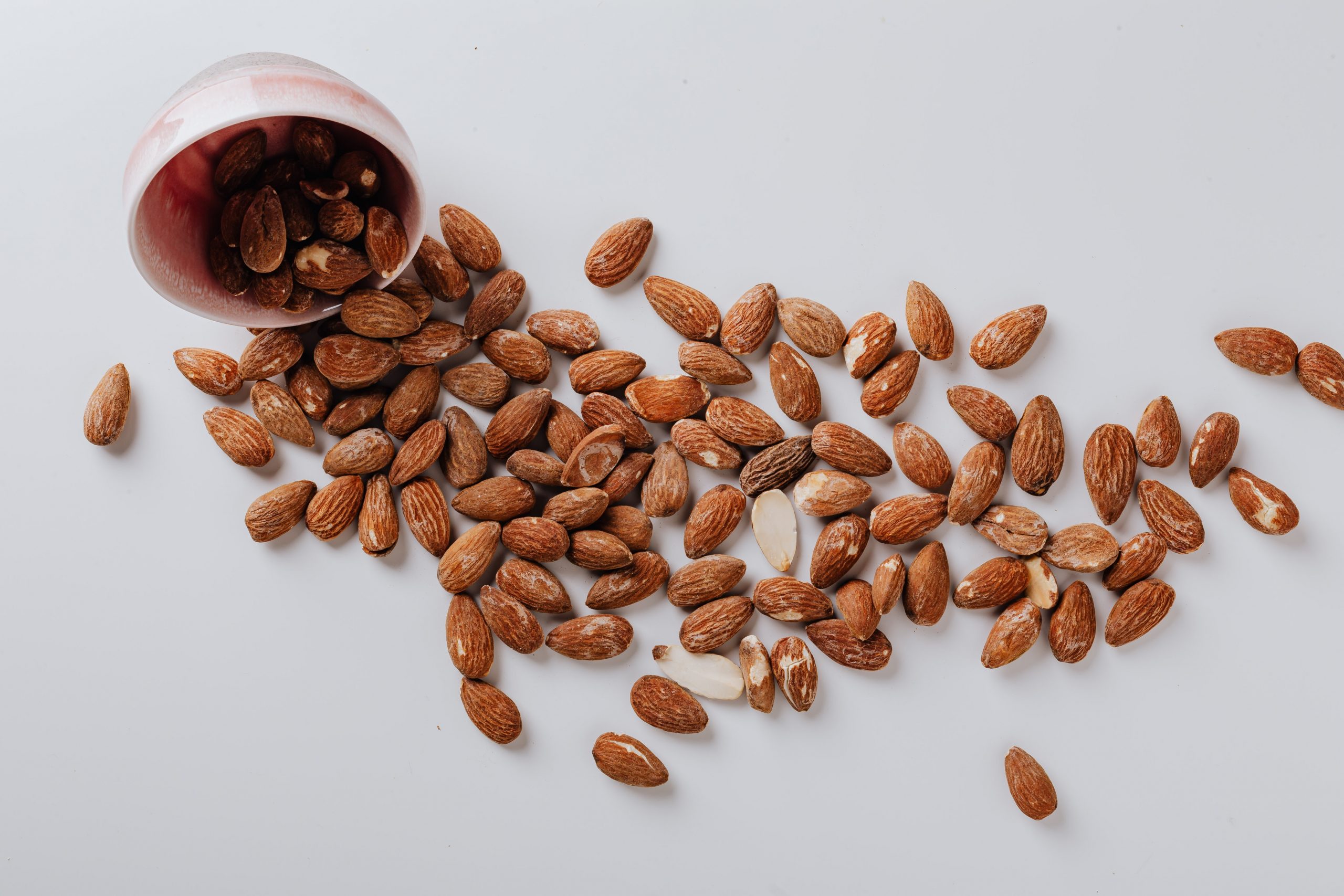
Nội dung bài viết / Table of Contents
For years, fats were “infamous” for its connection with heart diseases and weight gain. Therefore, a restrictive low-fat diet was quite socially acceptable as “good for everyone.” But in fact, fats play a vital role in our body as they protect our organs, aid in cell growth, process fat-soluble vitamins, and give us energy. There are 3 types of fats: trans fat, saturated fat, and unsaturated fat. Unlike trans and saturated fat, unsaturated fat is considered as the “healthy fat” and our body cannot function properly without it.

Credit: Pixabay on Pexels
It goes without saying that many of us would like to have a healthy cardiovascular system. Along with living an active life with a balanced diet, one of the ways to achieve that is to consume more healthy fats and less trans & saturated fats.
This article will filter out the misconception that “all fat is bad”, and show you how to get healthy fats in your diet.
There are two types of unsaturated fat: Monounsaturated & Polyunsaturated. Monounsaturated fats are usually found in oils, nuts and avocados. On the other hand, polyunsaturated fats, or more popularly known as Omega 3 and 6, are usually found in fish. Both monounsaturated and polyunsaturated are stated to be heart-healthy since it raises your HDL (good cholesterol) and lowers your LDL (bad cholesterol) levels.

Credit: Caroline Attwood on Unsplash
To ensure an adequate intake of both omega 3 & 6, experts recommend that we eat fish twice a week. While you can eat whatever kind of fish you like and still have sufficient intake of healthy fat, oilier fishes such as sardine, salmon, and mackerel are usually much richer in omega 3. Thus, making them a potentially better choice if you do not like to eat fish very often.
Avocados are loaded with unsaturated fat, which are considered very heart-healthy. In fact, they are one of a very few fruits on earth that is abundant in healthy fat. One whole avocado contains approximately 240 calories, 21 grams of monounsaturated fat, 10 grams of fiber (almost half of your daily needs!), as well as many types of vitamins and minerals. With its creamy texture, avocados can be included in many different recipes, giving your everyday meal a boost in nutritional value.

Credit: Karolina Grabowska on Unsplash
Nuts such as almonds and peanuts are rich in monounsaturated fat, and there are also other types of nuts like walnuts that are jammed with omega 3 polyunsaturated fat. Thanks to its high nutrient value, nuts are not only delicious and great for snacking, but also very healthy. However, it is very easy to overeat them especially if they are coated in salt and spices!
Plant-based oils that stay liquid at room temperature are usually rich in monounsaturated fats, listed as olive oil, canola oil, peanut oil, and rapeseed oil. Moreover, omega-6 rich oils such as soybean oil and sunflower oil are considered an abundant source of healthy fat as well.
On the flip side, the popular coconut oil is NOT a healthy source of fat since 80-90% of its component is made up of saturated fat which is bad for our heart health. Unlike healthy oils mentioned above, coconut oil does not stay liquid at room temperature and tends to solidify. There is lots of misinformation surrounding coconut oil where brands claim that they can solve many health problems and help with weight loss. Even though these baseless claims have been debunked by so many experts because of its super high saturated fat content and lack of scientific evidence, many people still consume them in excessive amounts due to the hoaxes.
While we don’t necessarily need to be perfectionists about calorie-tracking everyday, it is still important to be mindful and intuitive when it comes to food portions. Too much of anything is never a good thing, including healthy fats. Just because certain foods are rich in healthy fats, does not mean that we can eat them without any regard to portion size. Healthy fats have the approximately same calorie count as “bad fats”, thus eating too much healthy fats could also result in weight gain.

Credit: Fauxels on Unsplash
One of the most relevant examples is the overconsumption of olive oils and avocados. Even though they are both considered healthy foods, sometimes we tend to go overboard with our salad dressings or eat too much guacamole in one sitting. A way to prevent this from happening is to add smaller portions to your plate, then only add more if your body feels like it. By listening to your body and its hunger/fullness cues, you have the potential to not only have an easier time maintaining a healthy weight, but also develop a better relationship with food and mental health.
Also read: 10 habits of healthy people
American Heart Association. (n.d.). Dietary Fats. American Heart Association. https://www.heart.org/en/healthy-living/healthy-eating/eat-smart/fats/dietary-fats.
Harvard Health Publishing. (2018, June 1). Vegetable of the month: Avocado. Harvard Health. https://www.health.harvard.edu/heart-health/vegetable-of-the-month-avocado.
Harvard Health Publishing. (2019, December 11). The truth about fats: the good, the bad, and the in-between. Harvard Health Publishing. https://www.health.harvard.edu/staying-healthy/the-truth-about-fats-bad-and-good.
Harvard T.H. Chan School of Public Health. (2019, May 22). Fats and Cholesterol. The Nutrition Source. https://www.hsph.harvard.edu/nutritionsource/what-should-you-eat/fats-and-cholesterol/.
NHS. (n.d.). Fat: the facts. NHS. https://www.nhs.uk/live-well/eat-well/different-fats-nutrition/.
Palowski, A. (2019, April 5). Are you eating too much avocado? TODAY.com. https://www.today.com/health/are-you-eating-too-much-avocado-healthy-fat-can-add-t132959.
Vasanti Malik, S. D. (2019, January 14). Is there a place for coconut oil in a healthy diet? Harvard Health. https://www.health.harvard.edu/blog/is-there-a-place-for-coconut-oil-in-a-healthy-diet-2019011415764.